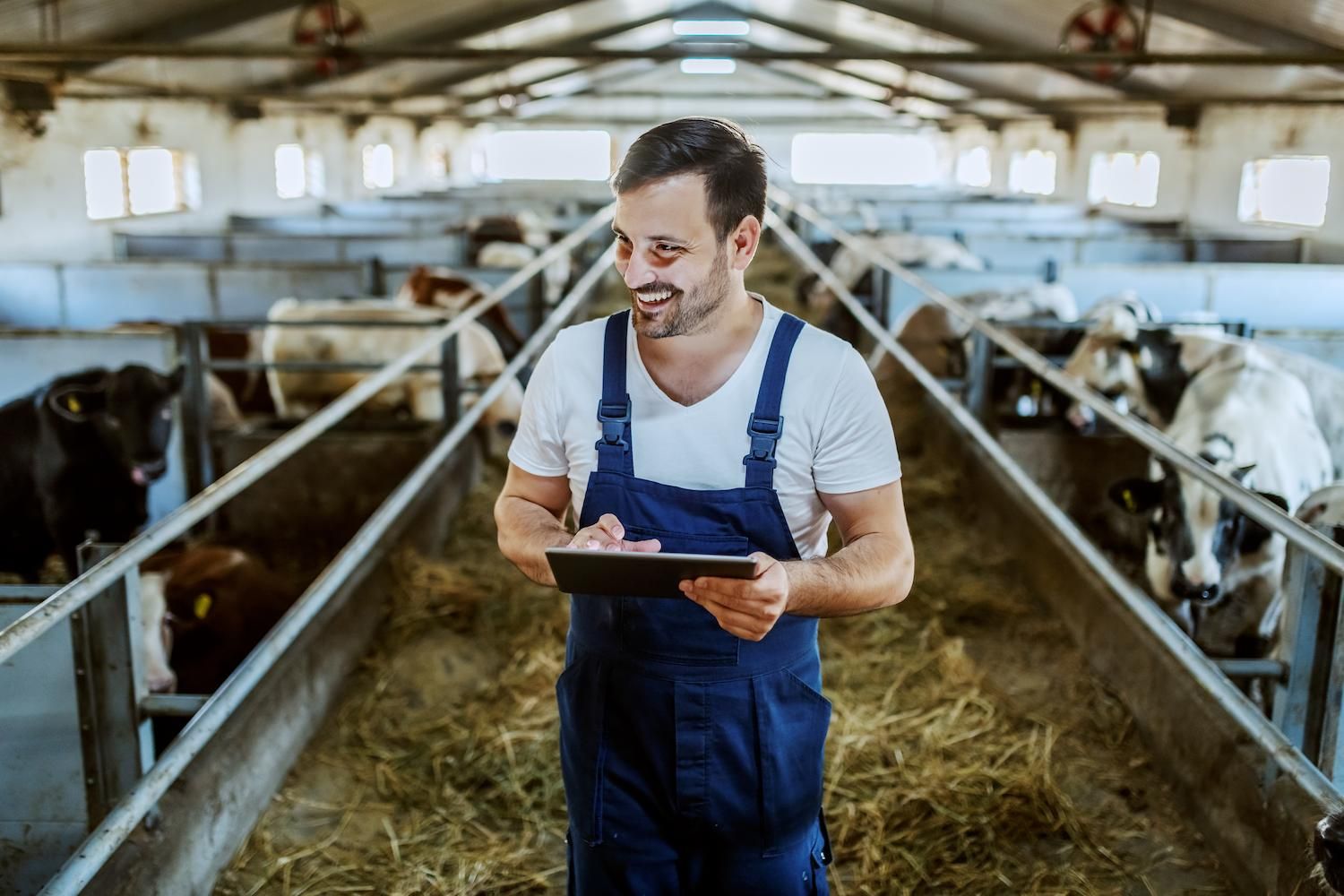
Cultivating tech talent in rural Europe
By ITU News
Lengthy confinement in cramped urban apartments prompted two young Spanish engineers, Áxel Pena and Javier Balalta, to rethink their professional direction after the COVID pandemic.
Before COVID-19, both already felt a strong connection to rural Spain. This, combined with their growing disenchantment with the business-as-usual approach of the tech companies where they worked, led them to create their new start-up, Voluta.
Dedicated to “planting digital seeds to cultivate techno-rural talent,” the young cooperative aims to fight depopulation in rural communities across Europe. It also aims to reconnect the countryside with cities, tackling a key aspect of the world’s enduring digital divide.
Remote areas or isolated spaces cover almost half of the European Union’s territory. Inadequate public services, limited connectivity, and a lack of employment opportunities are fuelling the ongoing migration of people – especially the young – to cities.
In the town of Montanejos in Spain’s Castellón region earlier this year, Balalta and Pena organised their first-ever “rural hackathon.” The three-day intensive learning event for young people between 15 and 22 years of age sought foster digital entrepreneurship and keep young tech talent in areas affected by depopulation.
Participants had to “solve challenges specific to the rural world using technology,” explains Pena.
Challenges and solutions
The European Parliament has recognised the major challenge that this demographic trend poses for the EU. It identified how brain drain, ageing populations, and low fertility rates affect rural or remote areas, which are often characterized by low income and can include deteriorated post-industrial areas.
Digital innovation and the wider adoption of digital technologies in rural areas could provide alternatives to rural-urban migration to cities. If successful, it could even attract city people who are tired of urban life.
“With the hackathon, we wanted young people to see other ways to make a living in rural areas, apart from agriculture, livestock farming and tourism,” Pena says. “Creating e-commerce solutions for different businesses and teleworking are great options. But traditional rural activities can also be modernized.”
The first edition of this “tech event for Generation Z” attracted 80 per cent female participation, possibly reflecting the even narrower options for girls compared to boys in traditional rural occupations.
Following positive feedback from the municipality and the local community, Voluta plans to replicate the hackathon in 15 other rural locations across Spain by 2025.
Making rural areas attractive
Although rural depopulation affects many parts of Europe, the problem is most acute in the south and east of the continent.
A recent report by the European Commission’s Joint Research Centre identified 1,200 municipalities as “lonely places”, with the largest shares located in Spain, France, Greece, the Czech Republic, and Hungary.
The Hungarian government, as part of its national digitalization plan, launched the Digital Village Programme in 2021 to improve living conditions and local services in small settlements across the country. A key aim was to increase their attractiveness as places of residence for families and young professionals.
A current pilot scheme in the northwest Hungarian county of Győr-Moson-Sopron seeks to identify local needs through interviews with local organizations and residents. A national online platform advertises available housing and outlines the area’s attractions for a fulfilling professional and personal life.
To keep the area’s natural heritage intact, local officials have been trained to use drones to detect illegal landfills, prevent unlicensed fishing and poaching, and safeguard protected areas.
Project leader Attila Balla says the initiative “would like to create a network between settlements and surrounding districts, enabling enable them to cooperate in utilising the tools and opportunities presented by the digital ecosystem.”
The end-goal is to “make settlements more liveable” through “targeted and quality-assured development.”
Local involvement
For digital initiatives to add lasting value, local communities and businesses must be closely involved. Local small and medium-sized enterprises (SMEs) often produce crucial solutions.
Without clear communication about social and economic value, citizens in remote areas tend to see digitization as an external imposition, noted speakers at a recent workshop of the European Digital SME Alliance. Democratic engagement helps identify value and strengthen project design.
Voluta’s first solution was a smart chicken coop, with Internet of Things (IoT) technology supporting electronic care and feeding, as well as facility maintenance. The founders still use it in workshops for villages and schools, where young people set up chicken coops of their own.
But it also enhances outdoor training for city-based companies, aimed at reconnecting workers with nature and improving their mental health.
Pena hopes to demonstrate the benefits of country life, along with the viability of partial or full-time teleworking.
“During the pandemic, many co-working spaces have sprung up in rural areas, but many are now empty,” he says. “We want them to continue being used, to bring life to the places where they are located.”
Image credit: dusanpetkovic1 via Adobe Stock
